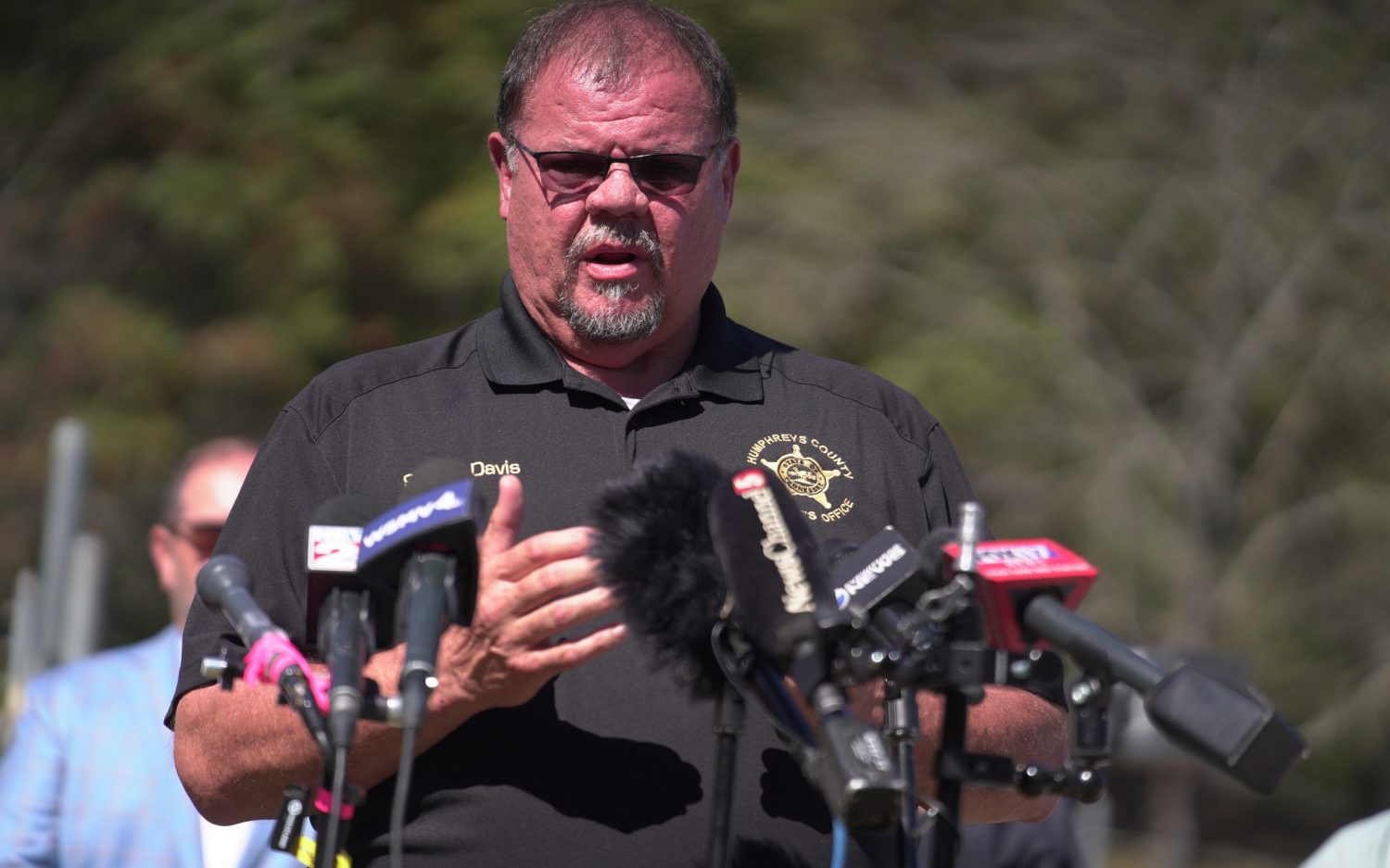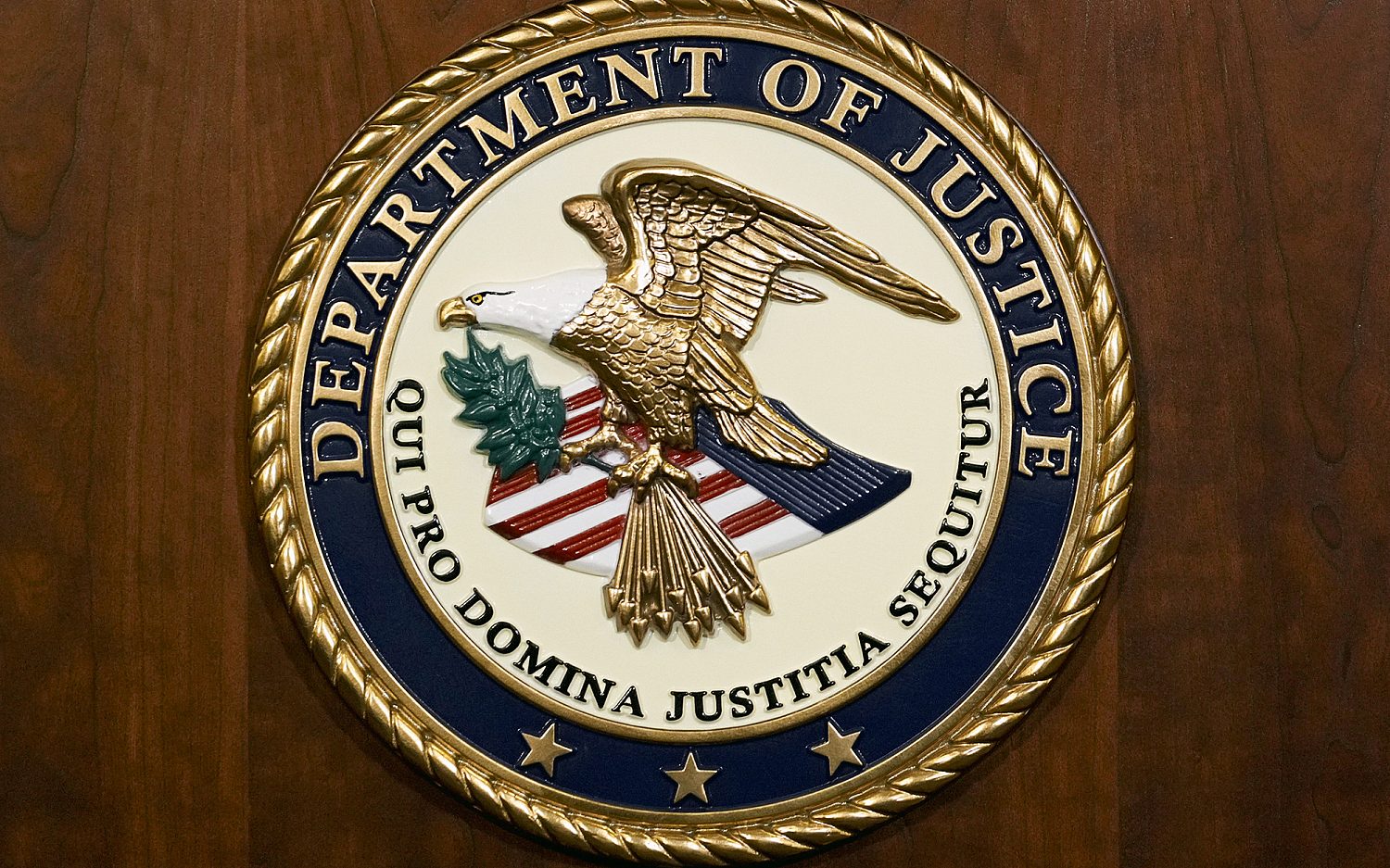University of Wisconsin fights state effort to ban fetal tissue research
If the Wisconsin legislature bans research using fetal tissue, it will have a devastating impact on the University of Wisconsin (UW), according to University of Wisconsin-Madison Chancellor Rebecca Blank. The university is implementing a full-court press against a developing bill, raising eyebrows among the state's conservative legislators.
The proposed bill that emerged from committee last week outlaws fetal tissue procurement for research. The issue has been hotly debated since pro-life group Center for Medical Progress started releasing undercover videos exposing Planned Parenthood's cozy, and allegedly profitable, relationship with tissue procurement companies.
The abortion giant and some researchers claim experiments done on baby body parts are necessary, a position pro-lifers have compared to Nazi experimentation on Jews during the Holocaust.
“Those who face grave illnesses such as cancer, heart disease, and Alzheimers deserve access to lifesaving biomedical research,” said Marsha Mailick, vice chancellor for research at the University of Wisconsin-Madison, in a statement posted on the school's website. “The proposal advanced out of committee today threatens this process and sends a chilling message to our scientists.”
Supporters hope the bill will come to the floor for a full vote this fall and question the university's efforts to block it.
“I think what is more interesting to me is the sheer amount of effort the UW has put into lobbying against the bill,” said Republican Rep. Andre Jacque. “Some of my colleagues have concerns about the way the UW is using taxpayer expenses to lobby the legislature.”
Blank claims the proposed bill would affect the university more than recent budget cuts. UW absorbed a $60 million cut to its budget this year, part of a $250 million, two-year reduction in state support. Blank fears scientists will leave the university or suffer from limited research opportunities, if the bill becomes law.
Lawmakers in Illinois, California, and Wisconsin have introduced bills to limit research on fetal tissue. Some states hope to revoke funding for abortion facilities that supply tissue. Others want to remove fetal tissue from laws protecting organ donation. Wisconsin is working to criminalize research done with fetal tissue.
State lawmakers are taking action because the don't think the federal ban on tissue sales goes far enough.
“We're calling it the cost of storage and transport, which gets to the very crux of negotiating and brokering for these body parts,” said Wisconsin state Rep. Joel Kleefisch.
The proposed Wisconsin bill prosecutes researchers who “knowingly acquire, provide, receive, or use,” cells or tissues from babies aborted after Jan. 1. Violation would be felony offenses, similar to trafficking human organs. Conviction carries a maximum fine of $50,000, regardless of whether the researcher paid collection or transportation fees.
The Wisconsin Technology Council estimates about 100 labs at the University of Wisconsin-Madison use cell lines acquired through aborted fetal tissue. Wisconsin researchers don't receive tissue directly from Planned Parenthood, because the organization does not provide tissue donation services in the state.
An actual newsletter worth subscribing to instead of just a collection of links. —Adam
Sign up to receive The Sift email newsletter each weekday morning for the latest headlines from WORLD’s breaking news team.




Please wait while we load the latest comments...
Comments
Please register, subscribe, or log in to comment on this article.